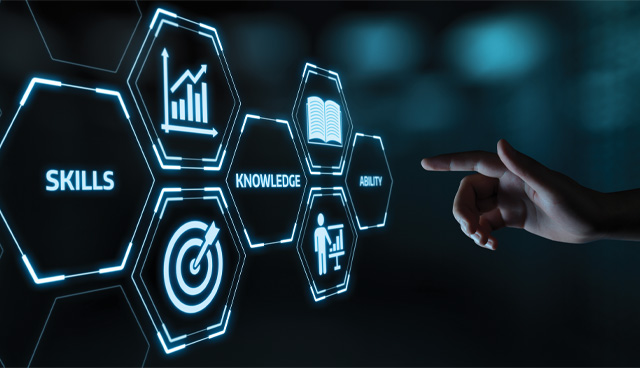Defining the skills needed for the future of work

A new report aims to define the skills that the workforce of the future will need in order to adapt to how the world of work is changing.
A survey of 18,000 people across 15 countries performed by McKinsey Global Institute has attempted to define the skillsets that will be most relevant as the future of work evolves and identified 56 foundational skills that “will benefit all citizens and showed that higher proficiency in them is already associated with a higher likelihood of employment, higher incomes, and job satisfaction”.
The research states that no matter the sector a worker is employed in, they will benefit from having a foundational set of skills that “add value beyond what can be done by automated systems and intelligent machines”, “operate in a digital environment” and “continually adapt to new ways of working and new occupations”. Using four main skill groupings (cognitive, interpersonal, self-leadership and digital), the 56 foundational skills were then broken down into 13 groups.
The research found that high incomes were “strongly associated with proficiency in the four skill groups where overall proficiency levels were lowest among respondents” and that digital proficiency in particular was associated with higher incomes, a respondent with high proficiency across the digital skills named was 41 per cent more likely “to earn a top-quintile income than respondents with lower digital proficiency”. The four skills with the strongest association with high income were found to be work-plan development, asking the right questions, self-confidence and organisational awareness.
The foundational skills of the future
| Cognitive | Interpersonal | Self-leadership | Digital |
|
Critical thinking
|
Mobilising systems
|
Self-awareness and self-management
|
Digital fluency and citizenship
|
|
Planning and ways of working
|
Developing relationships
|
Entrepreneurship
|
Software use and development
|
|
Communication
|
Teamwork effectiveness
|
Goals achievement
|
Understanding digital systems
|
|
Mental flexibility
|





